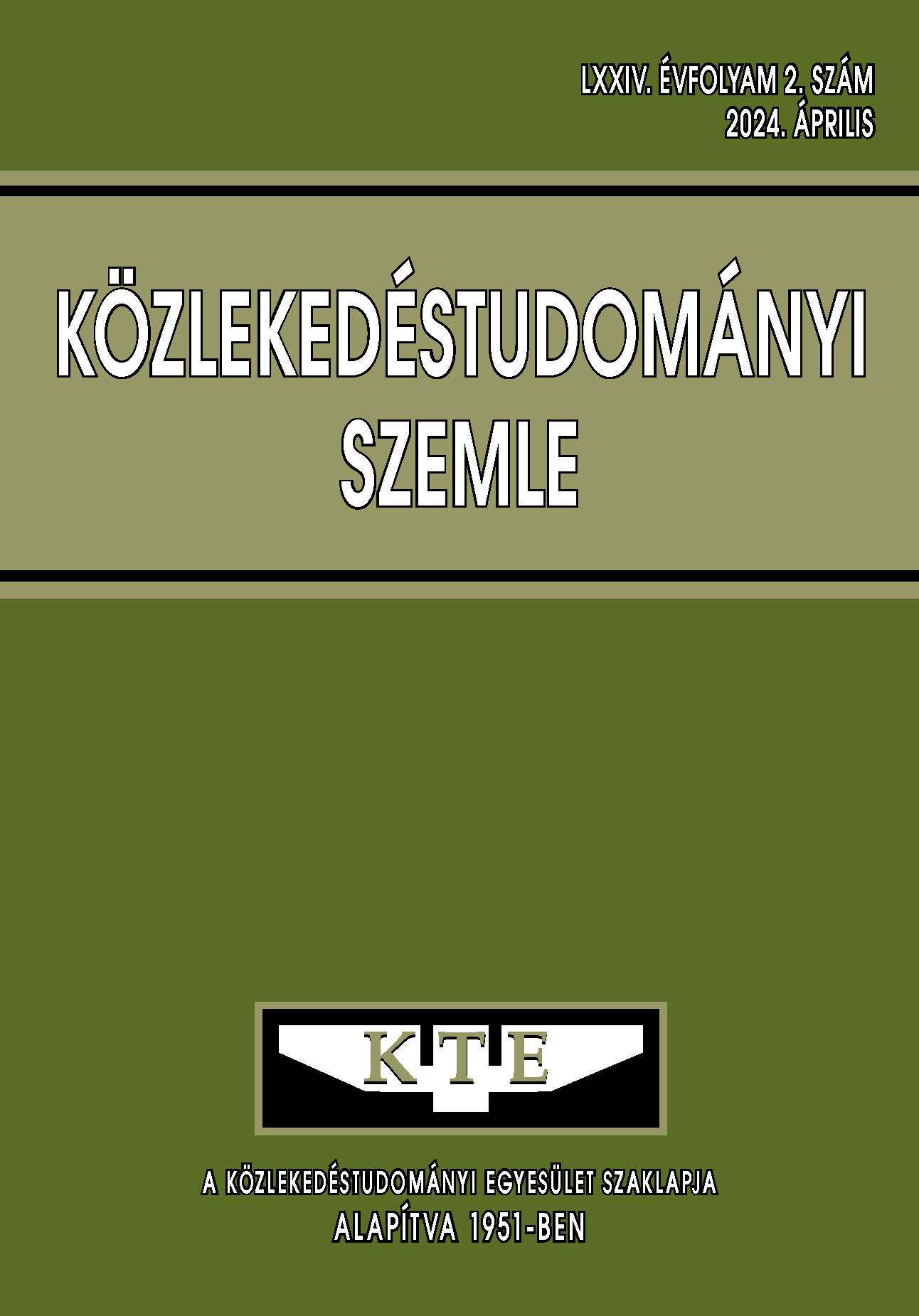Greener ships for cleaner air in Budapest
Abstract
With the modernization of the fleet and the regulation of emissions on the Danube, Budapest can take significant steps towards environmental protection and sustainability. From the perspective of the shipbuilding industry, three possibilities emerge for development: firstly, the construction of new electric passenger ships, which are emission-free but require significant infrastructure development; secondly, the conversion of existing ships into diesel-electric hybrid propulsion, which could serve as a practical transition towards emission-free navigation; and thirdly, the application of hydrogen technology in the propulsion system. The article examines all three possibilities, highlighting their environmental and economic impacts, and provides concrete recommendations from the Hungarian shipbuilding offering. The choice must be a compromise between sustainability and economic rationality, taking into account successful examples from other cities and the broader context of the modernization.
References
Kortsari, A., Mitropoulos, L., Heinemann, T., Mikkelsen, H. H.: E-Ferry Project. Prototype and full-scale demonstration of next-generation 100% electrically powered ferry for passengers and vehicles, https://ec.europa.eu/research/participants/documents/downloadPublic?documentIds=080166e5cfbf7f6f&appId=PPGMS (2020.05.28.)
Zalacko R., Zöldy M., Simongáti Gy.: Comparison of alternative propulsion sytems. A case study of a passanger ship used in public transport. Brodogradnja/ Shipbuilding/Open access 2021/72 1-18 DOI: https://doi.org/kj2b
Articles published electronically are open access (OJS), freely available online and can be downloaded. Authors of articles are not charged any publication or publishing costs (APC). Users have the right to read, download, copy, print, and search the articles, or share the full text with a link.
Authors must declare that their submission has not been previously published in another journal, that financial support has been acknowledged, and that the list of references is complete and accurate, including specification of URLs and DOIs (if available). When submitting a draft article, each author approves the submitted version. Authors guarantee that the article is their original work. Authors are required to participate in the peer review process, follow the advice of reviewers, meet the prescribed deadlines, and, if any, withdraw the submission or correct errors.
All submitted articles are subject to peer review, where the editors request an independent evaluation from at least one expert, ensuring that the reviewer(s) have no conflicts of interest with the authors. The final decision is made by the Editor-in-Chief, who takes into account the evaluations and the suggestions of the editors. The editors and reviewers treat the submission confidentially.
The publisher and editors are committed to maintaining high ethical standards and to preventing publications that involve research misconduct. They follow the COPE guidelines on such ethical issues.
The authors retain copyright and grant the journal the right of first publication under the Creative Commons License (https://creativecommons.org/licenses/by-nc-nd/4.0), which allows others to share the work, while acknowledging the authorship of the work and the first publication in the journal.
The journal archives all published articles, and the journal's owner, the Hungarian Society of Transportation Sciences, will continue to operate the database even if the journal ceases to be published.















